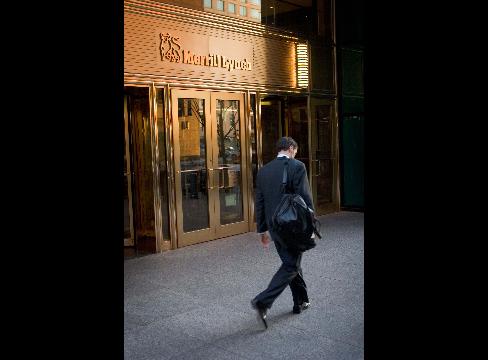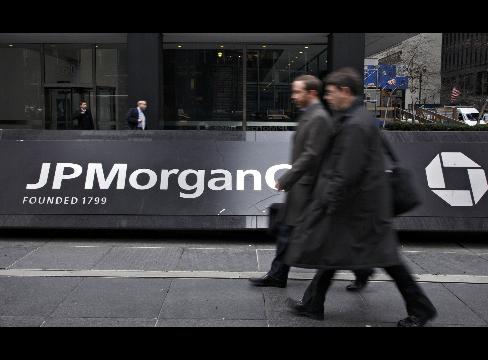Germany, the UK and Spain all face recessions this year, the European Commission forecast yesterday, dashing finally any remaining hopes that Europe would avoid a sharp economic downturn. France and Italy would fare little better, it said.
The steep downward revisions in growth forecasts by the European Union’s executive arm showed it had accepted that tumbling business and consumer confidence was hitting economic activity – even though the European economy had been “generally sound” prior to the credit crisis .
Joaquin Almunia, economics and monetary affairs commissioner, described the environment as “difficult and uncertain”. As well as financial turmoil and a near doubling of oil prices over the past year, significant housing market corrections in some countries were taking their toll, he said.
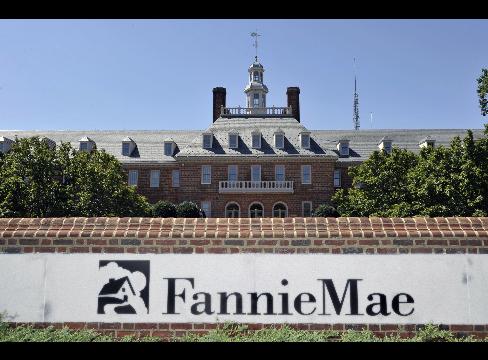
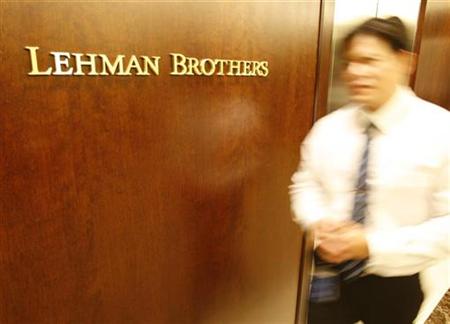

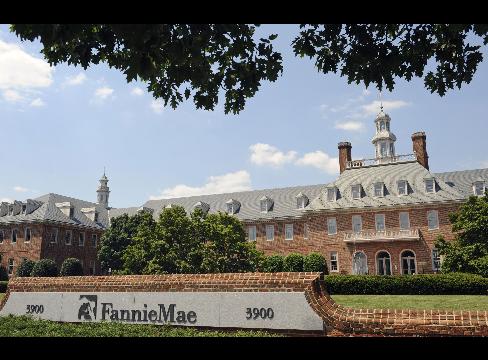
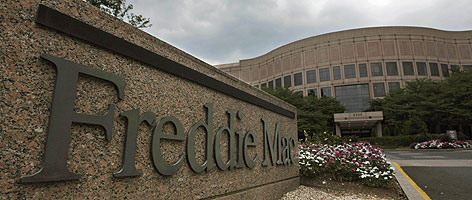
 -6.29 (-89.35%)
-6.29 (-89.35%) 
